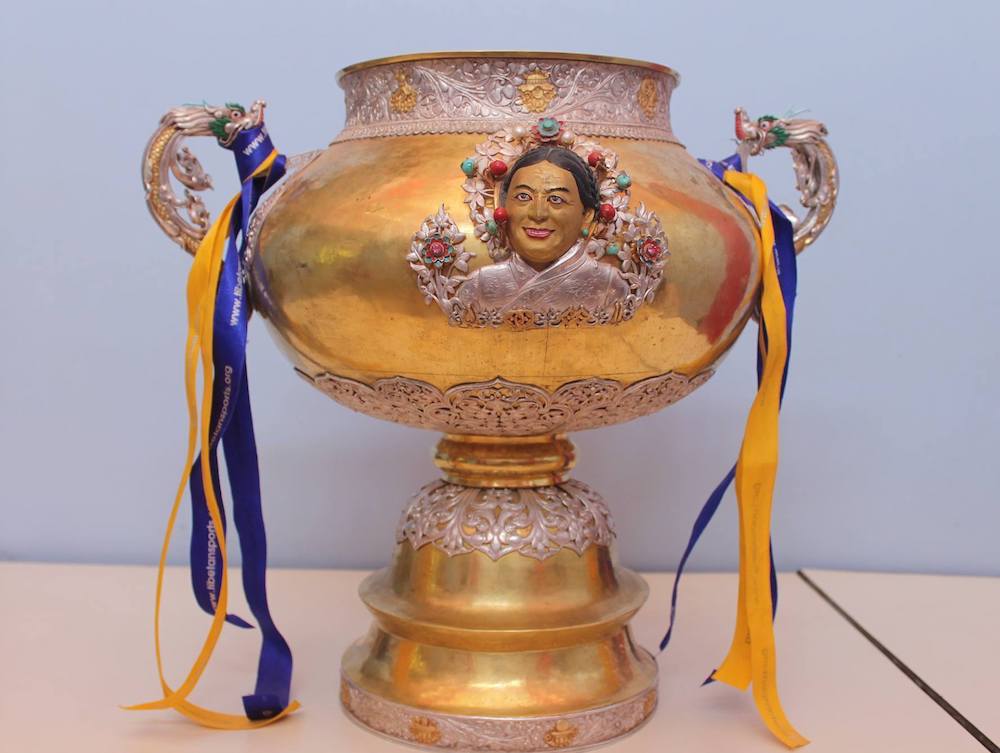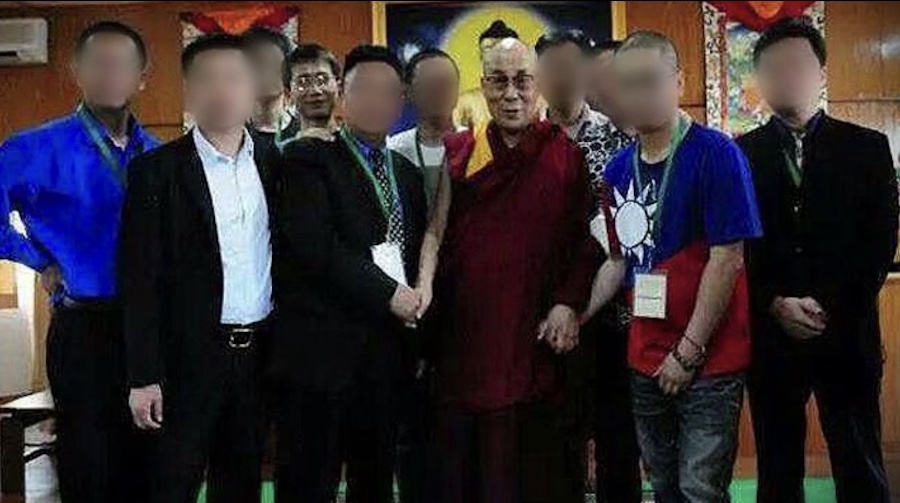By MARCUS GEE
The Tibet lobby is celebrating, and the Chinese embassy fulminating, over Paul Martin’s decision to meet the Dalai Lama when he comes to Ottawa next week. The fuss on both sides is overdone. The hard fact is that a handshake with the Prime Minister of Canada will make very little difference to one of the world’s truly lost causes: freedom for Tibet.
The Dalai Lama has visited 52 countries and met dozens of foreign dignitaries during his years of world-wandering, including former president Bill Clinton and President George W. Bush of the United States, as well as Prime Minister Tony Blair of Britain. No one of significance has come even close to endorsing his cause.
The reason is simple enough. China is a booming giant of 1.3 billion people. Tibet is a poor mountain land of 2.6 million. No country wants to risk being shut out of the world’s most dynamic economy by backing the quixotic dream of a smiling monk.
That is why Mr. Martin dithered so long about whether he should meet the Dalai Lama, who arrives in Canada on Monday for his fourth visit to the country. And that is why, when he finally agreed, Mr. Martin made it crystal clear that he was meeting the Dalai Lama as a “spiritual leader,” not a political one. As a spokesman for the PM delicately put it, “We want to work and improve our relationship with the Chinese government.”
Ottawa clearly has no intention of backing freedom for Tibet, or even agreeing to act as a mediator between Tibet and China, as the Tibet lobby urges. Ottawa’s official position is that it acknowledged China’s sovereignty over Tibet when Canada recognized the People’s Republic in 1973.
Other governments have been just as remote. Russia refused to let the Dalai Lama visit last year for fear of damaging its warming relations with Beijing. Mr. Blair, like Mr. Martin, saw him only as a spiritual leader when he visited in 1999.
Even India, where the Dalai Lama has lived for decades as head of a government in exile, has distanced itself from the Tibetan cause. In a visit to Beijing last June, Indian Prime Minister Atal Bihari Vajpayee stated in writing that the Tibetan Autonomous Region, as Beijing calls it, is part of China. In return Beijing accepted that the northeastern region of Sikkim is part of India. The improving relations between the two giants that sandwich Tibet is bad news for the Dalai Lama’s cause. If they can solve their border disputes, which led to war in 1962 and frequent tension since, then New Delhi will no longer need Tibet and its government in exile as a bargaining chip.
In fact, the only world capital where the Dalai Lama’s cause enjoys enthusiastic report is the capital of the global entertainment industry: Hollywood. Stars from Richard Gere to Goldie Hawn to (of all people) Steven Seagal have embraced him. Alanis Morissette, another acolyte, will host a gala for him in Ottawa this month. Their support, and his best-selling books on spirituality, have made him one of the world’s most recognizable figures. It has done next to nothing to advance his cause.
Beijing is as adamant as ever that Tibet is and always will be part of China. Though its officials met with the Dalai Lama’s envoys last year and the year before, it refuses to have anything to do with the man himself unless he accepts that Tibet belongs to China, an impossible demand of a nationalist leader. On the ground, China’s creeping assimilation of Tibet proceeds. Hundreds of thousands of Chinese migrants are swamping the Tibetans in their own land while new roads and railways bind Tibet ever closer to China.
Of course even the sorriest of lost causes sometimes ends up a winner. Tiny East Timor, ignored by the world, seemed to have no chance of gaining its freedom from giant Indonesia till the Suharto regime collapsed in 1998. And who would have dreamed that Estonia, still under the Soviet boot at the start of the last decade, would be joining NATO as an independent country in 2004? Perhaps if China’s Communist regime falls, or democratizes, Tibet will have a chance at freedom. For now, though, hesitant handshakes are the most the Dalai Lama can expect.









